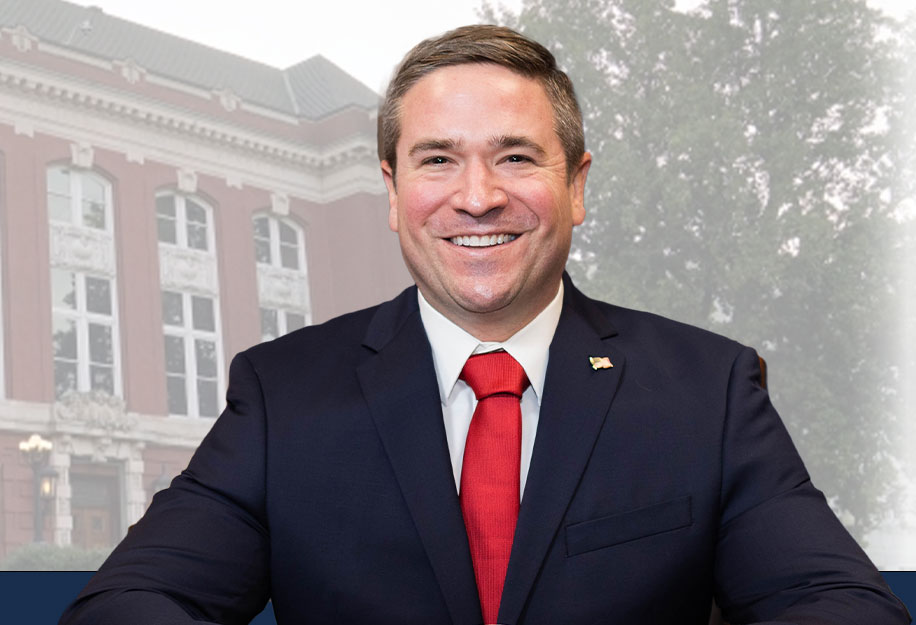JEFFERSON CITY, Mo.- In an effort to enforce the laws as written and protect Missourians, Missouri Attorney General Andrew Bailey announced today that his office successfully defended the conviction of Stephen C. Ingram for the possession of more than 20 still images of child-pornography at the Missouri Court of Appeals, Eastern District. The appeals court upheld Ingram’s original sentence of nine years imprisonment.
“As Attorney General, I will enforce the laws as written, which includes defending the convictions of heinous criminals,” said Attorney General Bailey. “As a former prosecutor and an adoptive parent, I am personally familiar with the need to protect children. My office will continue to do everything in its power to keep Missouri’s most vulnerable safe from harm.”
The Court of Appeals, in addressing issues of first impression by Missouri courts, agreed with the Attorney General’s Office that the evidence was sufficient to support the conviction when 10 child-pornography images were found on Ingram’s Yahoo Flickr account and an additional 39 such images were found in cache files on Ingram’s computer. The cache files depicted child-pornography images previously located on Ingram’s computer but had been deleted before the computer was searched.
The Court of Appeals also agreed with the State’s argument that Ingram’s Fourth Amendment rights against unlawful governmental searches was not violated when Yahoo searched Ingram’s Yahoo Flickr account and seized information concerning child-pornography images.
The Court also sided with the Attorney General in his argument that the National Center for Missing and Exploited Children (NCMEC) did not exceed the scope of Yahoo’s search by merely reviewing the identical evidence that Yahoo had also reviewed and placed in a “CyberTip” to the NCMEC.
Finally, to the extent the NCMEC took the additional action of geolocating Ingram’s internet protocol (IP) address to Missouri in general and reporting it to police, the Court held that this did not constitute a search to which the Fourth Amendment applied because Ingram did not have a reasonable expectation of privacy in an IP address.

